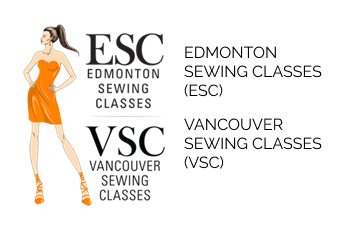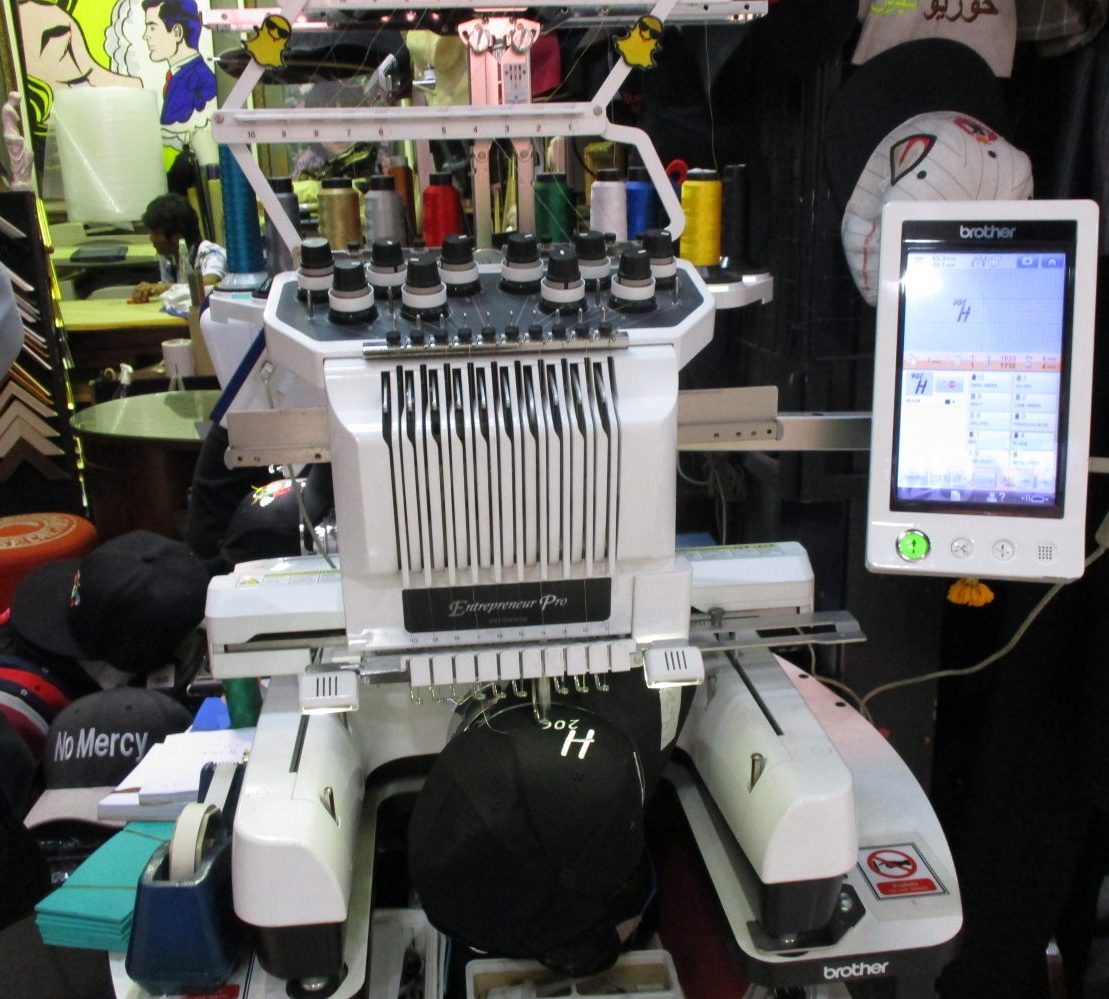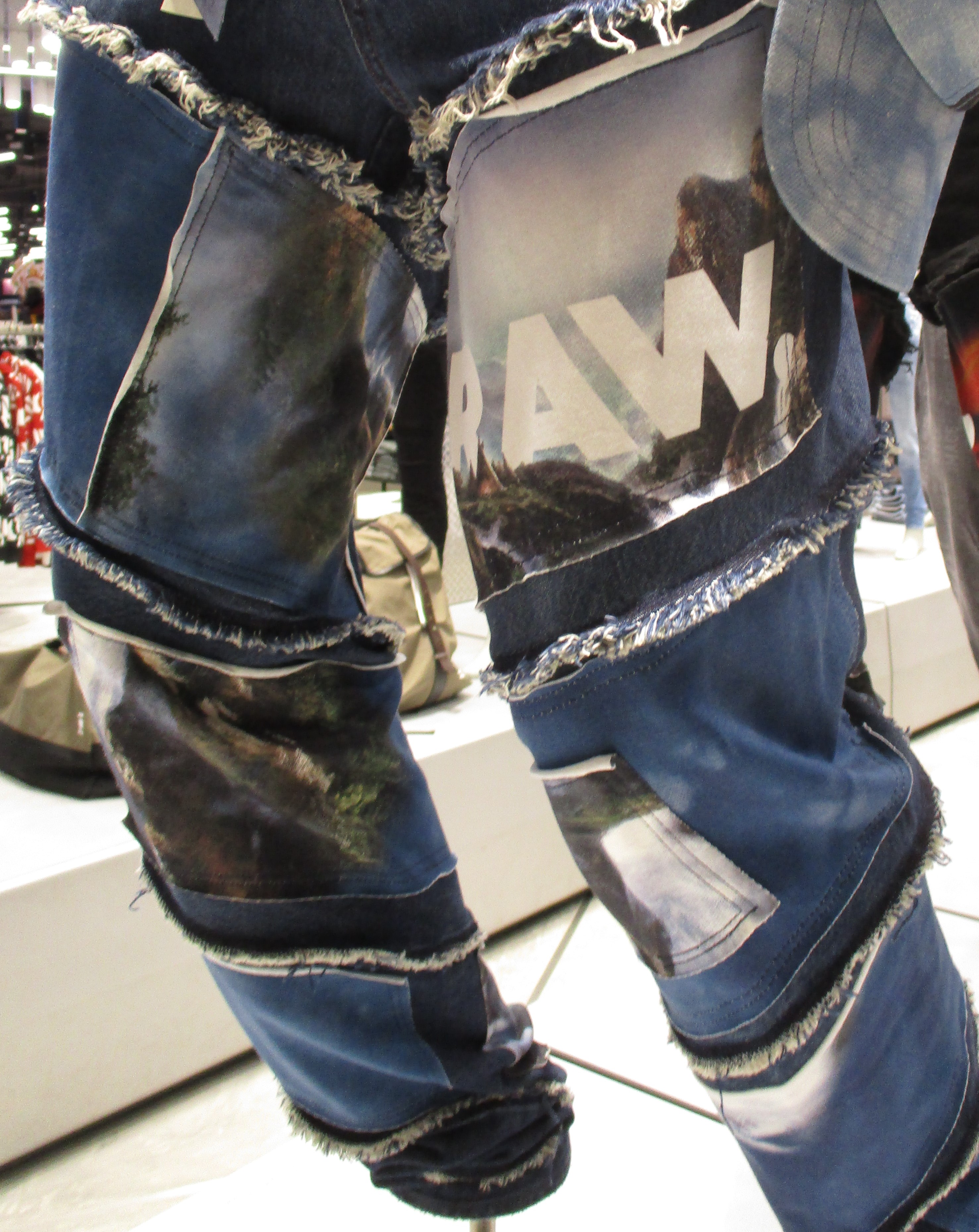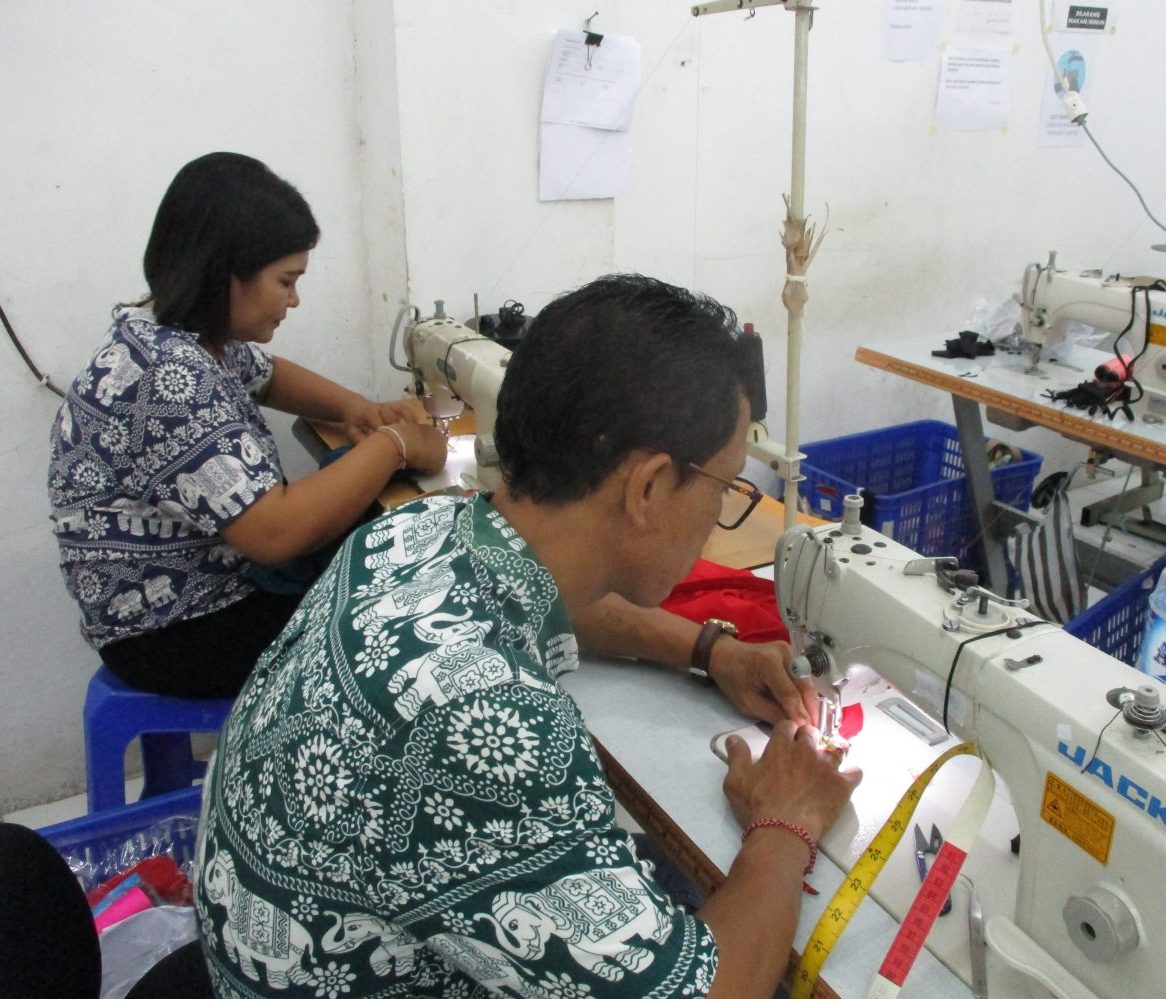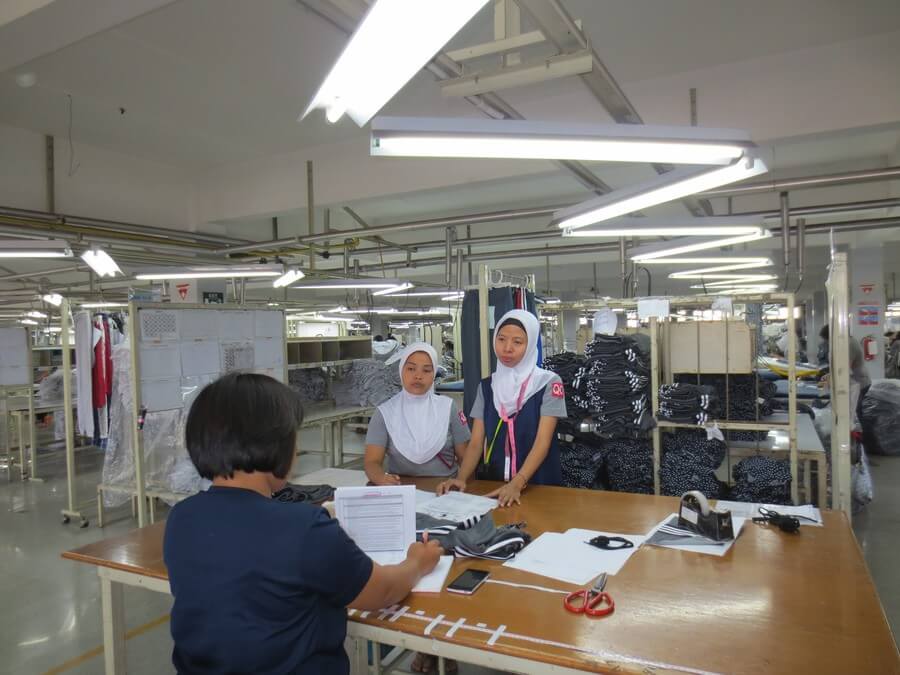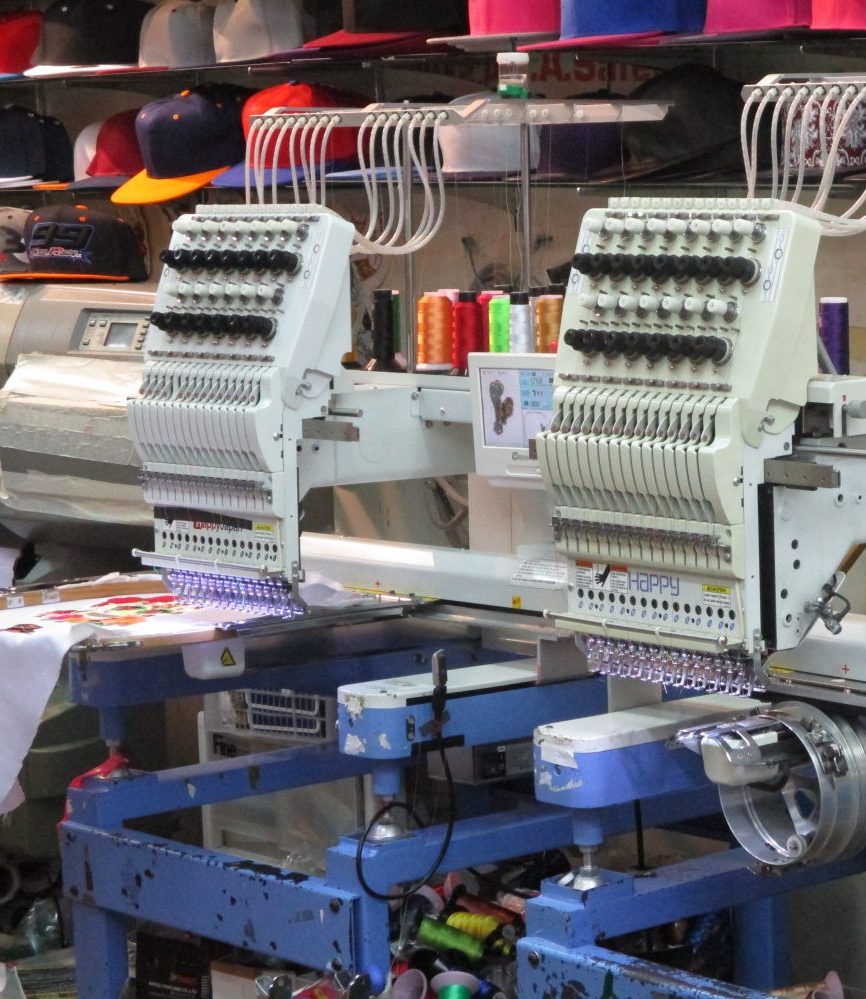
EVERY INDUSTRY SECTOR IN THE 21ST CENTURY IS COMPETITIVE, NOT JUST THE FASHION INDUSTRY
As a fashion instructor and a designer, I have been hearing people tell me, all the time, for the last three decades of my career, “the fashion industry is so competitive”, and it is. However, the one thing that everyone always seems to forget is that every industry in this world is competitive, NOT just fashion, such as real estate, internet, technology, banking, medical, food, farming, pharmaceutical, restaurant, travel, hotel, and so on. Many people seem to forget that life is about making tough choices and it has always been about survival. No matter what career choice you make or business you start, you are guaranteed to face stiff competition from all sides. Today, no industry is perfect or easy to get into. People need to change their way of thinking and their attitude, if they want to survive on this planet. Fashion is no different from any other industry; you always need to be resilient and be adaptable to whatever changes may occur in your lifetime. People are afraid of competition because they are afraid of failure, and perhaps because they cannot handle the pressure. Speaking from my own personal experience, I have always liked the competitive nature of the fashion industry because it keeps me sharp and creative. I have been competing in the fashion industry for my entire three decades-long career, and I am still here. Competition is not for everyone, but, if you thrive under pressure and you are well prepared for any challenge, you are bound to succeed, and, when you succeed, that is how you know that you are one of the best. As a human being, you have to evolve and accept competition, in order to survive and be successful in your chosen field…
